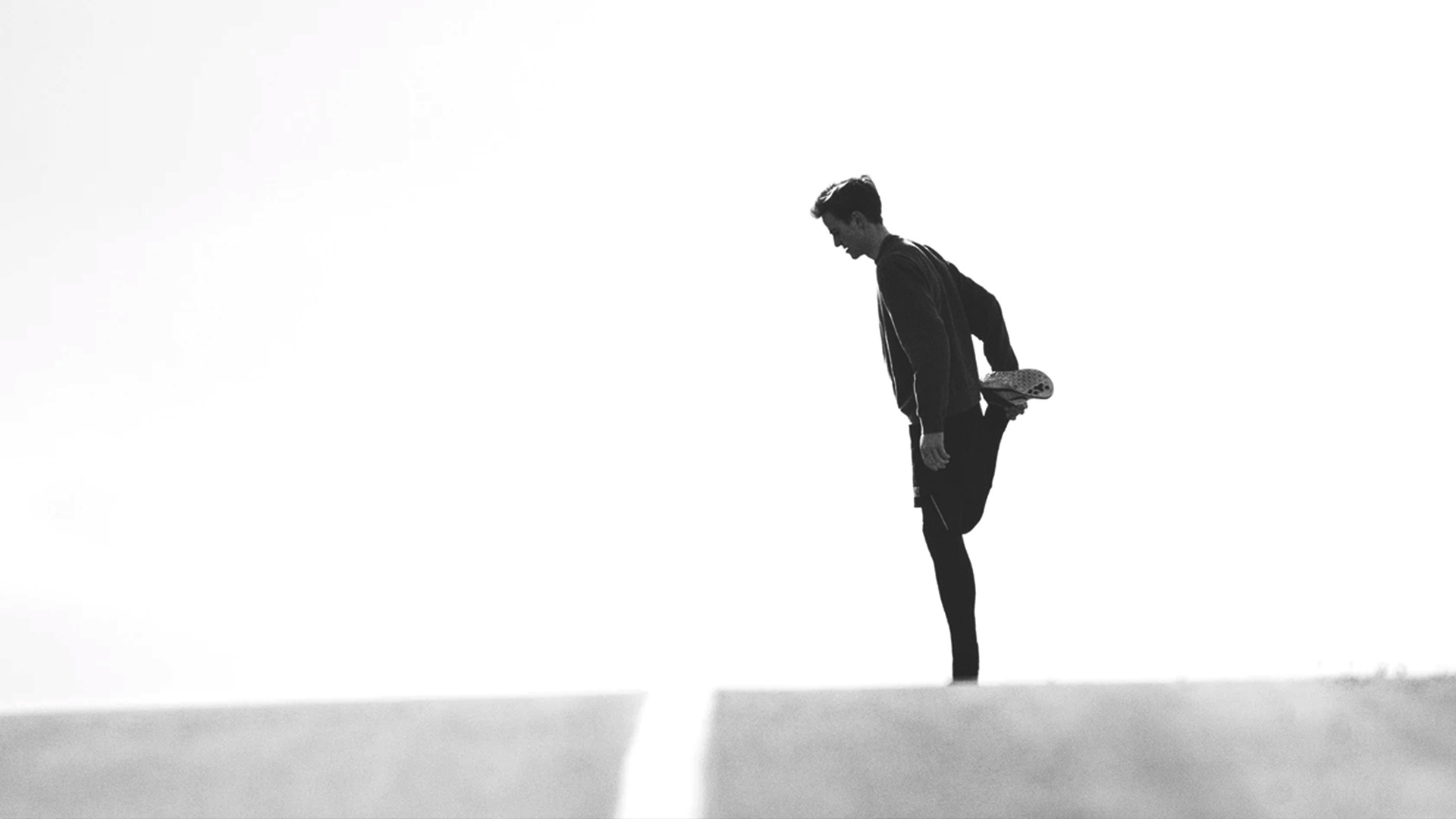How Athletes Can Support Their Immune Function

The immune system is an intricate system of organs and pathways that communicate with other systems in the body to direct and maintain the immune response. Various factors can impair optimal immune function and particular nutrients are needed for healthy immune support.
Factors linked to suboptimal immune function in athletes:
- Heavy exercise (intensity and/or duration)
- Low nutrient intake/energy availability
- Long/frequent travel
- Sleep disruption
- Life stress
- Extreme environments
Vitamins and minerals that support immune function:*
- Vitamin A
- Vitamins B6 and B12
- Vitamin C
- Vitamin D
- Copper
- Folate
- Iron
- Selenium
- Zinc
As you can see from these risk factors that can impact immune function, you don’t need to be an elite athlete to be experiencing several of them.
Given the number of factors that can affect immune function and the required nutrients to support it, it is difficult to pinpoint a specific recommendation for optimal immune function, especially when we consider that individual responses vary across training levels and ages.
Training and the immune response
We know from the literature that some movement is always better than a sedentary life, but can too much exercise hinder our immune response? In elite athletes, researchers have found that the period of over-reaching or under-recovery has a direct impact on lowered immunity and an increase in upper respiratory tract infections (URTIs).1-3
Research reviews have found that while moderate exercise supports optimal immune function, moderate-to-strenuous exercise that lasts longer than 90-120 minutes can have harmful effects on immune function.4,5
This theory is known as the J curve concept, which illustrates the idea that, when it comes to exercise and immune function, something is better than nothing – but just right is better than too much.
The sweet spot for the right amount of exercise is based on individual responses to training. Paying attention to how your body feels from a pain, readiness, and performance standpoint can give you hints on when you are going too hard because they are easier to monitor than immune function.

In his comprehensive 2018 paper in the European Journal of Sports Science, Neil Walsh, PhD, a world leader in exercise and immune response made the following recommendations when assessing a plan for optimal immune function:
Recommendations for modifying training and recovery activities to maintain immune health in athletes4
- Manipulate training volume and/or intensity to manage training load
- Keep the size of increments in volume and intensity to 5-10 percent per week (particularly important during winter)
- Implement recovery activities immediately after the most intensive training sessions
- Undertake easy-to-moderate training sessions after each high-intensity session
- Provide athletes at heightened risk of illness several weeks of active recovery after completion of a season or major competition
Sleep recommendations to maintain immune health in athletes
- Avoid restricting sleep over many days and then “catching up”
- Consider monitoring sleep duration and efficiency using a wearable device
- Daytime naps can be beneficial
- Optimize sleep hygiene routine the hour before bedtime, e.g., reduce psychological strain and go screen-free
- Ensure darkness at bedtime
Nutritional support recommendations for immune function in athletes*
- Match energy intake to expenditure
- Eat a well-balanced diet
- Ensure adequate protein intake (1.2-1.6 g/kg body mass/day)
- Consider 1,000 IU/day vitamin D3 from autumn to spring to help maintain sufficiency
- Consider probiotics for illness prone/travelling athlete
10 lifestyle recommendations to maintain immune health in athletes6,7
- Avoid sick people, particularly in autumn and winter
- Ensure good hand hygiene
- Avoid self-inoculation by touching the eyes, nose, and mouth
- Do not train or compete with “below-the-neck” symptoms6
- Monitor and manage all forms of stress, including physical and psychosocial
- Carefully manage increments in training stress
- Replace overly long training sessions with more frequent spike sessions
- Include a recovery or adaptation week every second or third week
- Aim for at least seven hours of sleep nightly
- Eat a well-balanced diet and avoid chronic low energy availability
References
- Nieman D, Henson D, Austin M, Sha W. Upper respiratory tract infection is reduced in physically fit and active adults. Br J Sports Med 2011;45(12):987-992.
- Svendsen I, Taylor I, Tønnessen E, et al. Training-related and competition-related risk factors for respiratory tract and gastrointestinal infections in elite cross-country skiers. Br J Sports Med 2016;50(13):809-815.
- Hellard P, Avalos M, Guimaraes F, et al. Training-related risk of common illnesses in elite swimmers over a 4-year period. Med Sci Sports Exerc 2015;47(4):698-707.
- Walsh N. Recommendations to maintain immune health in athletes. EJSS 2018;18(6):820-831.
- Nieman D, Wentz L. The compelling link between physical activity and the body’s defense system. J Sport Health Sci 2019;8(3):201-217.
- Van Tonder A, Schwellnus M, Swanevelder S, et al. A prospective cohort study of 7,031 distance runners shows that 1 in 13 report systemic symptoms of an acute illness in the 8-12 day period before a race, increasing their risk of not finishing the race 1.9 times for those runners who started the race: SAFER study IV. Br J Sports Med 2016;50(15):939-945.
- Walsh N, Gleeson M, Pyne D, et al. Position statement. Part two: Maintaining immune health. Exerc Immunol Rev 2011;17:64-103.
- Nieman D, Wentz L. The compelling link between physical activity and the body’s defense system. J Sport Health Sci 2019;8(3):201-217.

